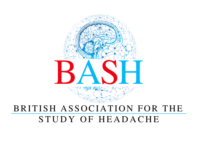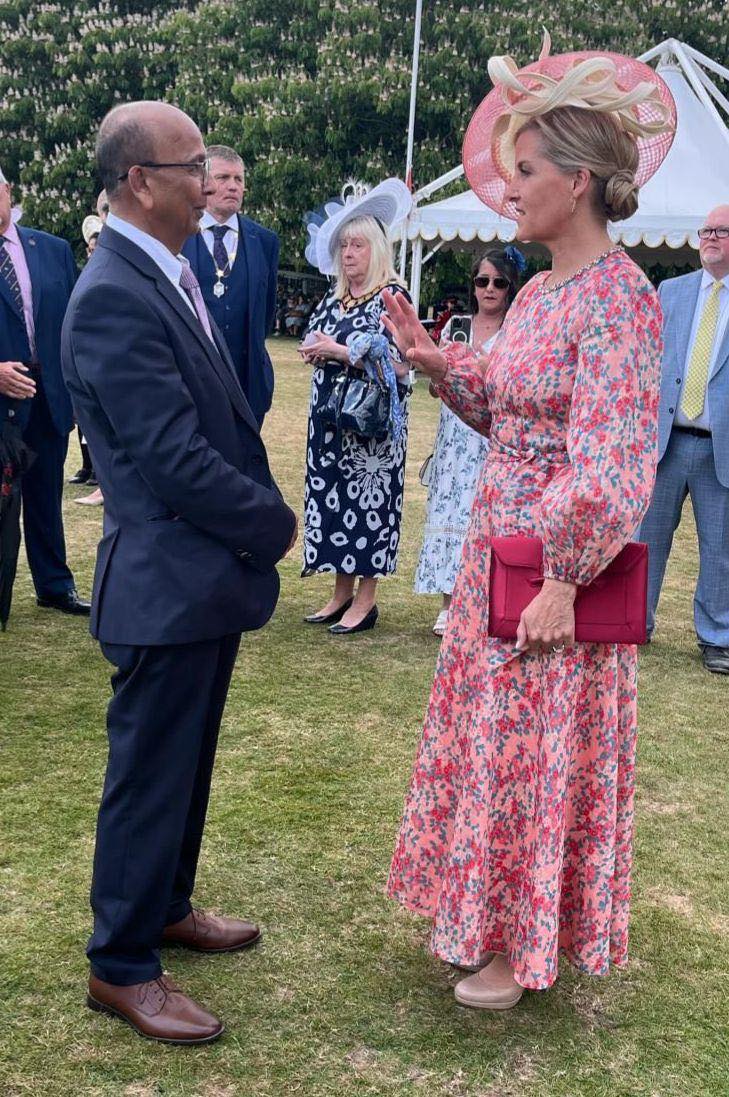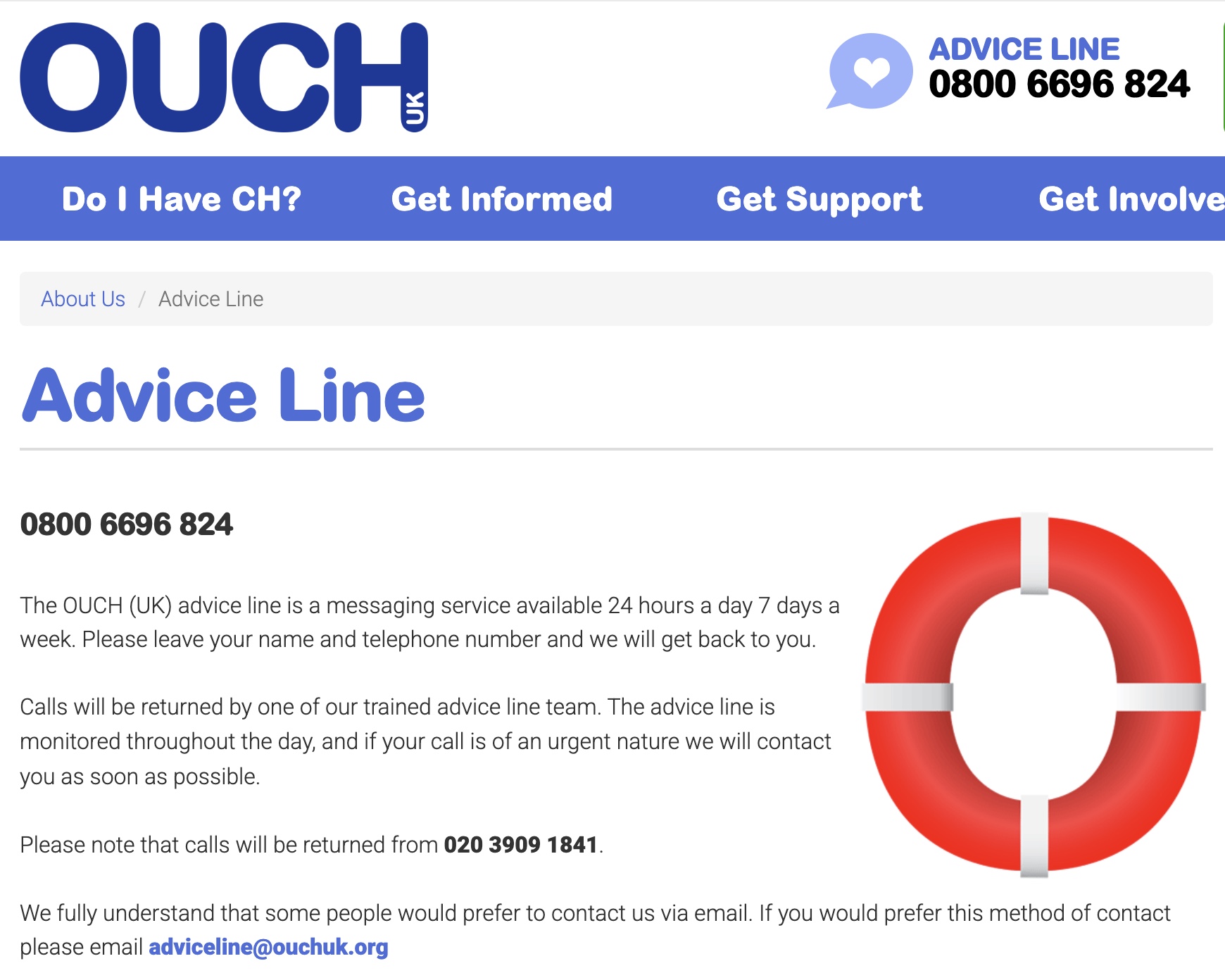Jadaine Wright explains what she gained from receiving a BASH Bursary to help her headache studies
How an interest in headache began
I have been a qualified physician associate (PA) since 2019 with experience across two trusts. I am currently employed within the tertiary neurology department at St George’s Hospital, and most recently, outpatient headache. I have always had a general interest in sleep and headache and remember applying to the neurology role after having clerked a young lady who had gradually worsening headache over a few months. After a discussion with my consultant, a decision was made to blue light her to the neurosurgical team at St George’s after a suspicious cerebral mass had been identified. Over the next week or so I thought about her often, finally making the decision to give the accepting ward a call only to find out she had passed away. This case has always stuck with me given the possible unassuming and insidious nature of headache.
Physician Associate - a role which is changing
As you are probably aware, the space and role of PAs is continually changing, and I was very excited to put myself forward for the opportunity to cover the high-cost drug headache clinic. Being an extended-scope physician associate in an outpatient service is an extremely niche area to navigate, however it serves as a beneficial connection between the GPs and neurologists given the fluctuating nature of headaches, and of course, the novel treatments. I was thankful for the chance to attend the Migraine Trust International Symposium supported by a BASH bursary.
An established conference, a new experience
The conference took place over 4 days at the Hilton Metropole London. This was the 20th year of the programme, and initially, attending alone was somewhat overwhelming as I am just 6 months into the job. I was grateful for the programme book (and free tote!) which helped me to navigate and plan my course of action for each day.
A wide variety of ways to learn about headache
There were a variety of workshops, mini-oral presentations, industry symposiums, and poster exhibitions, in addition to the recommended plenary sessions. There was even a silent theatre, where the highest scoring e-poster abstracts submitted for MTIS 2024 were presented. Given the many exciting developments in the field of headache, there was more than enough to ignite the curiosity of all in attendance. From real world studies to the latest clinical trials, it was intriguing to see how headache is approached across the globe. I returned home with an abundance of resources and thoughts on how this could translate into my current clinical practice.
The learning stimulates more questions to be answered
Based on the research and collective expertise offered over the course, my headache co-lead and I began to discuss some of the potential implications, positive and negative, to our cohort of patients. Do patients with a larger BMI need higher doses of anti-CGRP treatment? Is it safer than we thought to treat women experiencing migraine with aura with low cardiovascular risk factors with HRT? What other receptors do anti-CGRP treatments work on, and what are their effects? Are monoclonal antibodies that operate at the ligand more likely to maintain their efficacy over time than those that target the receptor? If beta blockers inhibit melatonin production, should we recommend alternative prophylactics in patients with difficulty sleeping? Decisions, decisions! It was also enlightening to learn that Gepants such as Atogepant have a shorter half-life than previously thought, meaning that women planning to extend their families could more comfortably do so without having to compromise preventative treatment for months before pregnancy. With migraine predominantly affecting women of childbearing age, this is a huge advancement within the headache landscape.
Making connections with like-minded colleagues
Besides immersing myself in all the educational opportunities MTIS had to offer, I visited multiple stands, spoke with many colleagues from near and far, and put the faces to names of industry representatives I had spoken with via email – all over lovely refreshments may I add. On day 3, I (finally) had time to meet the BASH team in-person and exchange insights given we had attended different parts of the conference. It was also exciting to hear about upcoming ventures forecasted for the next year.
MTIS isn’t for the faint-hearted, but equally, is not one to miss if you can get there. Now with a better understanding of field objectives, I hope to accrue more insight into treatment efficacy, barriers to headache care, hormones and migraines, and the development of allied professionals. Given we are a small but professionally diverse team at St George’s, any information I acquire can be seamlessly divulged. This will hopefully assist us with optimising the patient experience in such a highly requested specialist service.

Jadaine Wright
Physician Associate
St George's Hospital, London
To learn more about our BASH bursaries for nurses and other Headache specialist practitioners, please visit our Bursaries page. Bursaries are paid after the study event has been attended and a blog written.




